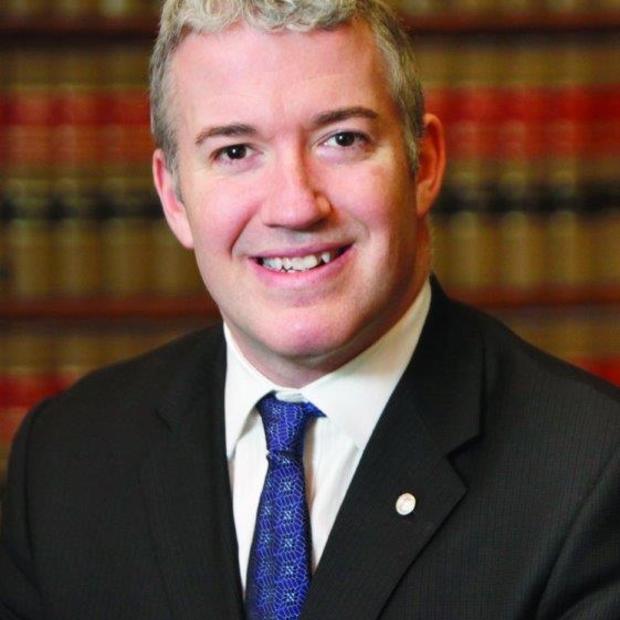There are many things our state should push for through its congressional delegation.
For example, with the state budget strapped, we are tied for the nation’s worst federal Medicaid matching rate. Had we simply Oregon’s matching rate we would bring in over $100 million additionally just for in-home care.
Yet, rather than lobby Congress about this, our state, with its congressional delegation cheerleading, commissioned a lavish report from a Washington, D.C. lobbying firm urging military expansion.
This is perversely inconsistent with talk of right-sizing the federal budget. And with so much on the chopping block, both at the federal and state levels, it is perhaps a morally-telling priority to focus on.
We should also be careful what we ask for.
In 2005, when the last transportation tax package was adopted, I never imagined, as an Olympia legislator then, the I-5 paralysis future Joint Base Lewis-McChord (JBLM) expansion would bring. Base population has more than doubled since 2002. It is almost impossible to escape Thurston County on just three I-5 lanes to pass into Pierce. Fixing this will cost no less than $760 million, according to the same report on military expansion. And the state’s next capital budget is on the hook for two new schools to serve the base.
It is irresponsible to unconditionally urge growth without the means to pay for it. Why do we assess impact fees upon everyday citizens buying new homes and yet not ask the federal government to pay for growth?
Furthermore, rather than profit off expanded militarism, with lessons from our Afghanistan and Iraq misadventures unlearned, it would be more equitable for Congress to focus on paying enlisted personnel better and better providing for health care of returning warriors. Infrastructure does not make lives whole.
Let's think out of the box. Rather than maintain enlistment at inflated levels, make Madigan Army Medical Center, for example, a leader in treating the traumatic brain injuries that are the recurring signature of improvised explosive devices — the butcher’s bill of congressional irresponsibility in authorizing post-9/11 deployments.
Given JBLM’s strategic location, and its existing infrastructure as the largest joint base west of the Rockies, I have no worries it will be abandoned. That’s independent of the heresy of a 2012 finding from the nonpartisan Congressional Research Service of “little strong evidence that the closing of a base is the definitive cause of a general economic calamity in local economies.”
Nor can we sacrifice freedoms for bases. State officials and our congressional delegation uncritically praised their lobbyist’s report. Yet, with circulation-deprived newspapers struggling to provide information, the report would make it harder to find it. In addition to its recommendations, it urges amending the state’s citizen-passed Public Records Act to hide “military installation analysis information as it relates to base-specific recommendations.”
In other words, deny taxpayers the cost-benefit analysis their elected officials engage in. If our troops are not enlisted to fight for the First Amendment, it’s hard to imagine what other rights are expendable based on elected leaders’ whims.
It is unfashionable today to discuss morality in budgeting. Reasonable minds can disagree over the need for fiscal austerity, although I would err on the side of economic recovery through government investment. Yet what is incontrovertible is the human toll of federal cuts to social services for our most vulnerable.
Fiscal cliff “sequestration” was based upon the artifice that Republicans would fight against military cuts and Democrats against cuts to domestic programs. Instead, the only bipartisan focus of debate over cuts has been those to the military – disagreement between parties has centered on taxes.
This is not an intrinsically moral debate. With sequestration delayed, the next congressional battle will be over cuts. If there are to be cuts, let us here in Washington advocate beating swords into plowshares.


